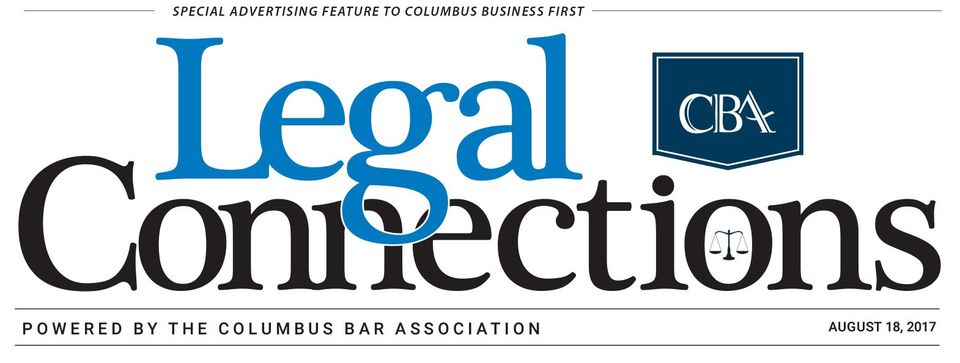IN DEFENSE OF LANDLORDS: THE HOUSING CRISIS IN COLUMBUS
IN DEFENSE OF LANDLORDS:THE HOUSING CRISIS IN COLUMBUS
IN DEFENSE OF LANDLORDS:
THE HOUSING CRISIS IN COLUMBUS
I represent almost exclusively landlords, most of whom are reputable business people who maintain their properties. But they get a bad rap: no other businessman woman is criticized because they cease providing services if they are not paid. There is not an eviction crisis, there is an affordable housing crisis. The average apartment in Columbus rents for over $800 per month. If a person earns $10 per hour, it takes two weeks of gross pay to pay for an average apartment. If a tenant becomes ill, has a financial emergency or loses a job, he quickly fall behind in rent and an eviction ensues. For housing there is nothing like Medicaid, and few sources of financial help, though there are some short-term sources of aid. Obtaining a Section 8 certificate is a lengthy and difficult process.
The problem is that housing is expensive and there are few sources of assistance if the tenant needs help. The eviction process is the same for business and residential evictions, though business landlords have more legal rights as they do not have to comply with the Ohio Landlord Tenant Law. On the other hand, business tenants, even ones in financial distress, will likely be more sophisticated, hire attorneys, etc., so, the process tends to be somewhat lengthier, complicated and contentious than a residential eviction though the law is technically more favorable to business landlords.
If you are a landlord in a sticky eviction situation, contact the Lawyer Referral Service (614-221-0754) or visit
directory.cbalaw.org. Tenants and landlords might also consider Community Mediation Services of Central Ohio which offers free, two-hour Eviction Prevention Education Workshops for low-income tenants. These classes are mobile and focus on how to be a good, responsible tenant and avoid an eviction. For more information, call
(614) 228-7191 ext. 13.
By: Ira B. Sully, Esq.
Phone:
614-443-3930
Fax: 614-443-7463
Email:
ira@irabsullylaw.com
Address : 844 S Front Street Columbus, OH 43206
Content, including images, displayed on this website is protected by copyright laws. Downloading, republication, retransmission or reproduction of content on this website is strictly prohibited. Terms of Use
| Privacy Policy
